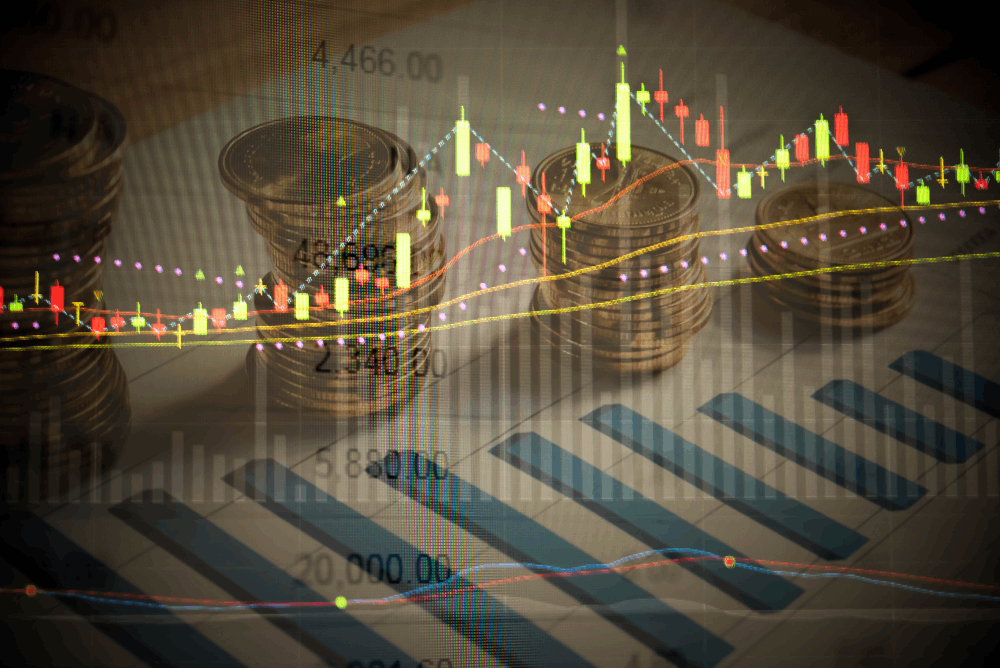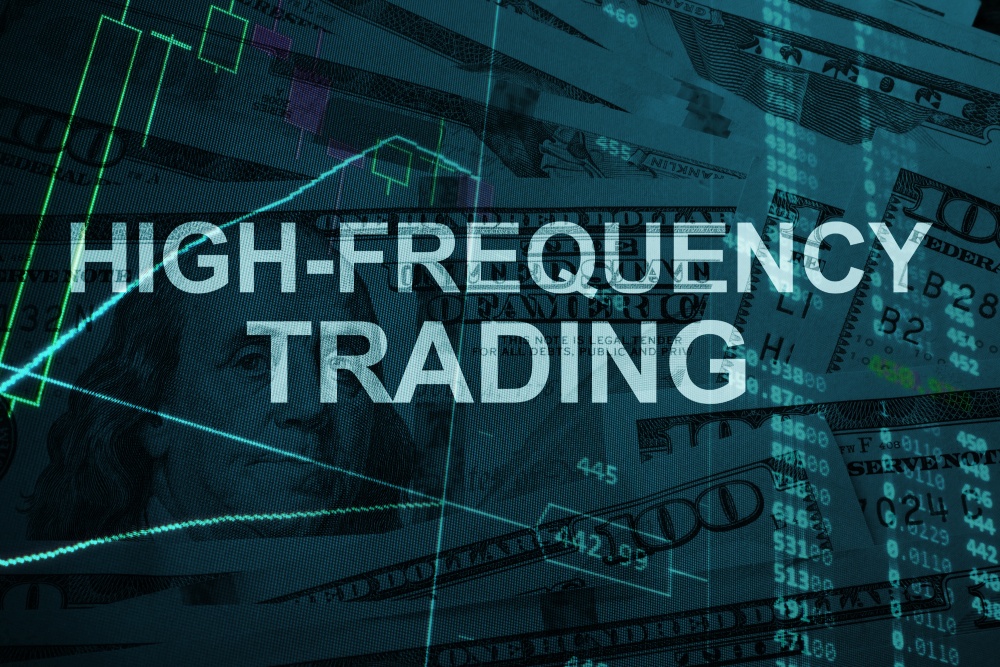Discover the power of ETFs in diversifying your investment portfolio

What are ETFs?
ETFs are investment tools that merge some of the characteristics of mutual funds and stocks, as they encompass a basket of assets such as stocks, bonds, currencies and commodities, and they are traded like stocks on the stock exchange. It is considered a good investment method to diversify risks at a low cost. Good profits can be achieved in the long term when investing in passive funds such as ETFs, compared to investing in active funds.
What should you consider before trading ETFs?
Before embarking on the journey of ETFs trading you should consider the following points:
Commission: When buying or selling ETFs, paying a commission is required, just like any financial instrument traded on the stock exchange; thus, it is recommended to inquire about the brokerage company’s commission before trading.
Liquidity: ETFs depend primarily on the interests of market makers. The greater their interest in buying and selling, the higher the liquidity, and accordingly, the bid and ask spreads become tighter. On the contrary, when liquidity decreases, bid and ask spreads increase.
Market fluctuations: The movement of market trends must be closely monitored, as any fluctuation can lead to a widening of the buying and selling margin and can also have an impact on costs such as insurance premiums and discounts on net asset values.
Spread: Paying spread fees to the broker is required when buying or selling ETFs. Spread is the difference in value between the bid price and ask price. The cost increases as the spread gets wider, which occurs when the market is less liquid and decreases with tighter spreads and high liquidity.
ETFs evaluation: Before making a decision to trade specific ETFs, you must first evaluate them in terms of their trading strategy, whether they are in line with your goals or not, the advantages they give, and their risks.
What makes ETFS more special than mutual funds?
The following points disclose the advantages of ETFS and the key differences between it and mutual funds:
Listed on the exchange: Continuous transparent pricing of the value of ETFs during trading hours. Unlike mutual funds that are traded over the counter, the buying and selling process takes place directly between the investor and the fund manager.
Diversification: ETFs provide the opportunity to access a diverse array of major sectors and different assets, which could be stocks, bonds, currencies or commodities, without the need to trade them individually, and they are professionally managed.
Daily disclosure: All fund holdings are disclosed on a daily basis, allowing investors to know exactly what they own. Unlike mutual funds, which can disclose their holdings once a month or on a quarterly basis.
Cost: Operating expenses or management fees for ETFs are often lower than those for mutual funds.
Intraday Trading: Like stock trading, ETFs can be bought and sold throughout the day on the stock exchange at any time during market hours, and investors can select different types of orders. On the contrary, mutual funds can be traded once a day at a fixed price, and settlement takes place after the market closes.
Minimum Investment: ETFs do not have a minimum investment; mutual funds usually have a high minimum investment.


